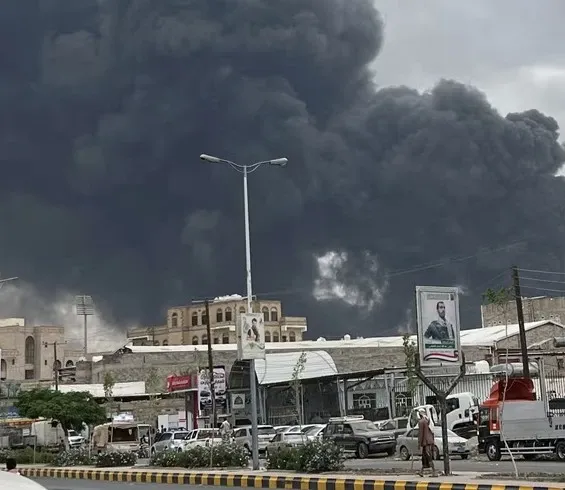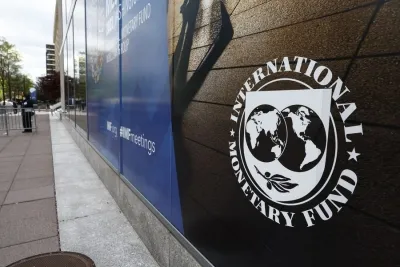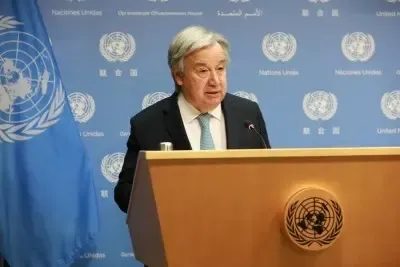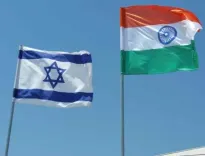Have Yemen's Houthis Launched New Attacks on Israel?

Synopsis
Key Takeaways
- Houthi group claims new drone attacks on Israel.
- Ceasefire with the US does not apply to attacks on Israel.
- Israel's military response includes drone interceptions.
- Ongoing conflict raises concerns about regional stability.
- International diplomatic efforts continue to seek peace.
Sanaa, May 8 (NationPress) The Houthi group from Yemen has reported that it has initiated new drone strikes targeting Israel, just one day after they reached a ceasefire agreement with the United States. However, the group clarified that this agreement does not apply to its military actions against Israel.
In a broadcast statement on al-Masirah TV, Houthi military spokesperson Yahya Sarea announced that two drones were directed at Ramon airport in southern Israel, along with another drone aimed at a strategic target in Tel Aviv.
Details regarding the outcomes of these attacks or their specific timing were not disclosed, although reports indicate these events occurred within the last 24 hours.
On the same day, the Israel Defense Forces (IDF) confirmed interception of a drone believed to have originated from Yemen.
These Houthi assaults followed Israeli air raids that resulted in significant destruction of Houthi-controlled areas, including Sanaa International Airport and the port of Hodeidah on the Red Sea.
On Tuesday, an Oman-brokered agreement was reached between the US and the Houthis to cease hostilities after weeks of intense air assaults.
Despite this, the Houthi faction asserted their intention to persist in their attacks on Israel until Israel ceases its military actions in Gaza and lifts the blockade on Palestinians.
The US is set to cease its bombing campaign against the Houthis following the group's commitment to avoid targeting maritime vessels in the Red Sea.
This announcement was made by US President Donald Trump during a meeting with Canadian Prime Minister Mark Carney on a day when Israel claimed its air forces had rendered Yemen's primary airport inoperable, impacting three civilian aircraft on the ground as retaliation for a missile strike near Tel Aviv's Ben Gurion airport on Sunday.
The president remarked, "The Houthis have conveyed... that they seek no further conflict. They simply wish to refrain from fighting. We will respect that, cease our bombings, and they have acquiesced."
The agreement with the US follows a notable escalation in airstrikes on Yemen, which included participation from UK forces last week, resulting in civilian casualties alongside those of Houthi combatants.
Since the onset of Israel's military operations against Hamas in Gaza, triggered by the militant group’s devastating attack on Israel on October 7, 2023, the Houthis have been targeting both Israel and maritime traffic in the Red Sea.










